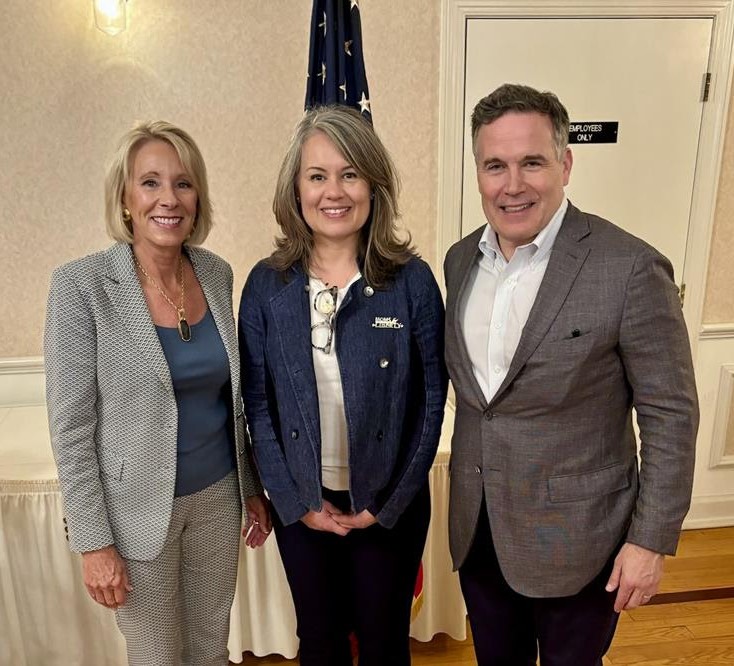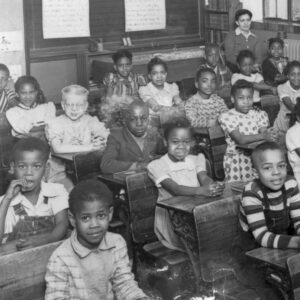I was honored to stand in the White House recently as President Donald Trump signed an executive order to abolish the U.S. Department of Education. For some, that act sounds extreme — even dangerous. But for those of us who’ve watched the federal government fail generations of students, this was a long-overdue course correction. The […]










